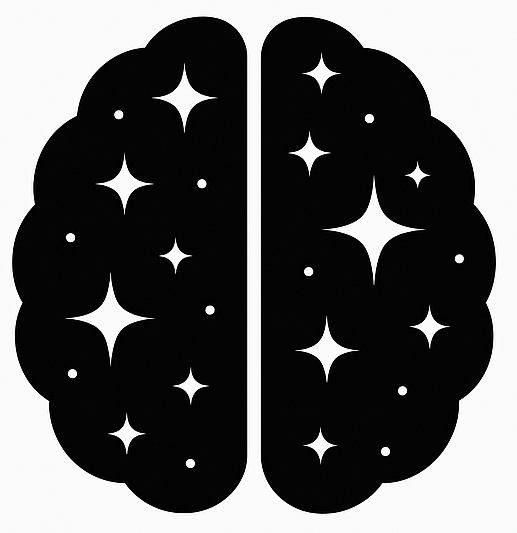If you’re autistic and feeling constantly overwhelmed, disconnected from yourself, and exhausted by life’s demands—especially in school or work—you might be experiencing autistic burnout. And you’re not alone.
Autistic burnout isn’t just stress or fatigue. It’s a deep, pervasive state of exhaustion that can impact your ability to function in areas that used to feel manageable. You might be forgetting words, struggling to get out of bed, or wondering why tasks that once felt simple now feel impossible.
What is Autistic Burnout?
Autistic burnout is a response to chronic stress, sensory overload, social expectations, and masking—the effort it takes to “act neurotypical” to fit in or be accepted. Over time, this cumulative stress can lead to:
- A loss of skills or functioning
- Cognitive fog and difficulty concentrating
- Increased sensitivity to noise, light, or touch
- Anxiety, depression, or emotional shutdown
- Avoidance of school, work, or social situations
It often gets misinterpreted as laziness or resistance. But the truth is, your system is overloaded—and it needs rest, not more pressure.
How Autistic Burnout Impacts Education
If you’re a student, burnout might be affecting your ability to:
- Organize and complete assignments
- Attend classes or keep up with virtual platforms
- Focus, study, or retain information
- Advocate for yourself in academic settings
You might start questioning your goals, losing interest in subjects you once loved, or feel like you’re letting others down. But it’s not that you’re incapable—it’s that the system isn’t set up to support how your brain works.
How It Impacts Career and Work Goals
In the workplace, burnout can feel like:
- Dreading every task—even the ones you used to enjoy
- Struggling to meet deadlines or show up consistently
- Feeling misunderstood or unseen by coworkers and supervisors
- Worrying you’ll never find a job that doesn’t drain the life out of you
Many autistic adults find themselves switching careers, leaving jobs abruptly, or staying in environments that worsen their health because they feel stuck. But burnout doesn’t mean the end of your goals—it just means it’s time to realign them with your neurology and authentic self.
What You Can Do About It
Burnout recovery isn’t about “bouncing back”—it’s about building something sustainable. That means:
- Unlearning the pressure to mask or perform
- Identifying burnout triggers and setting boundaries
- Creating flexible routines that work with your energy levels
- Exploring career and educational paths that fit you, not the other way around
And you don’t have to do this alone.
Ready to Start Building a Life That Works for You?
I’m Bree Normandin, a neurodivergent-affirming therapist and licensed clinical counselor in Virginia, North Carolina, South Carolina, Florida, and Vermont. I specialize in helping autistic adults recover from burnout, reconnect with themselves, and create sustainable, fulfilling goals—whether in education, career, or everyday life.
Together, we can build a path that honors your brain, your values, and your capacity.
📧 Email me at [email protected] to get started.
Let’s reclaim your energy and reshape your future—on your terms.


Leave a Reply